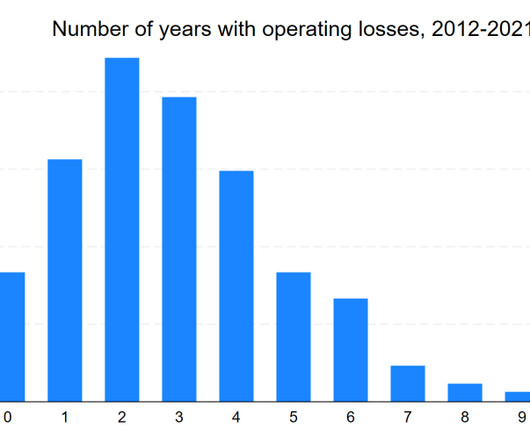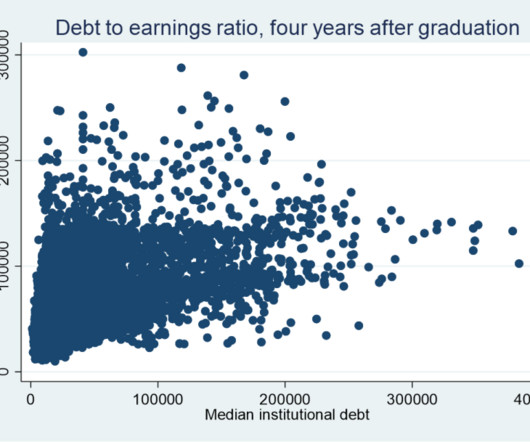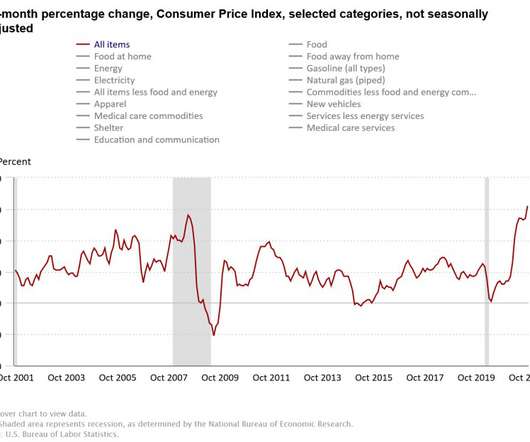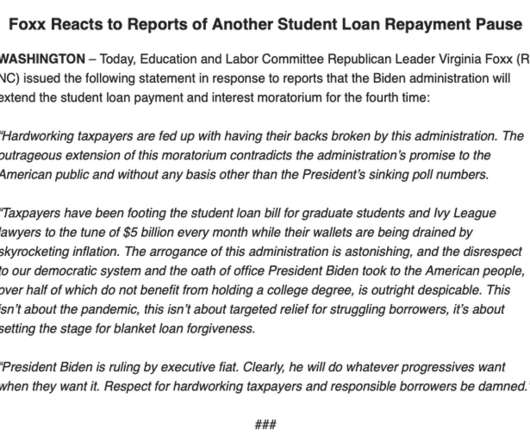Which Private Colleges Always Lose Money?
Robert Kelchen
MARCH 13, 2024
I write this piece with the sounds of excavators and dump trucks in the background, as we are getting the 30-year-old pool at our house replaced this month. Pools should last a lot longer than that, but the original owner of the house decided to save money by installing the pool on top of a pile of logs and stumps left over from clearing the land. As those logs settled and decayed, the pool began to leak and we are left with a sizable bill to dig everything out and do things right.

























Let's personalize your content